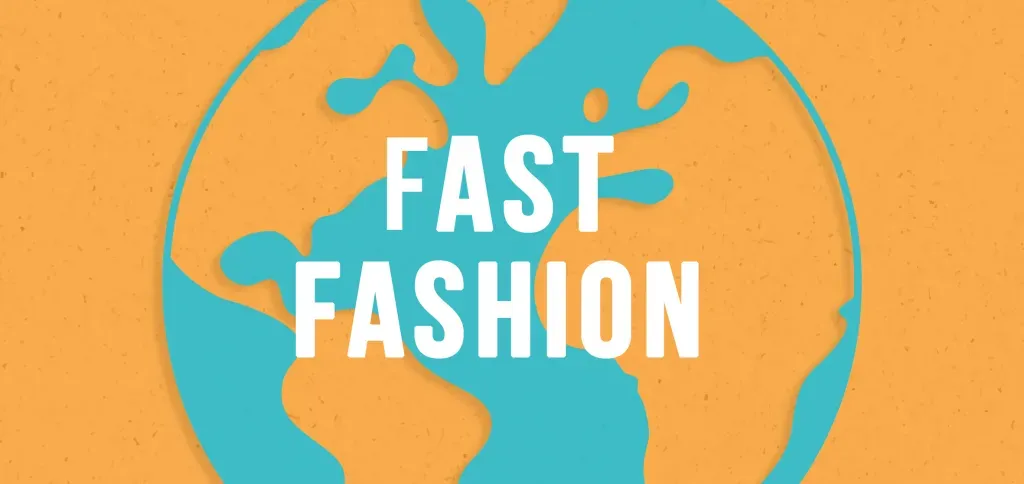Carbon Tax on Fast Fashion

Fast fashion has gained immense popularity over the past two decades. However, it comes with numerous disadvantages. Fast fashion promotes excessive consumerism and a throwaway culture. It also relies on underprivileged groups of people working under poor conditions in sweatshops, resulting in violations of human rights. Additionally, it is a key cause of climate change as it produces an enormous amount of waste, pollutes the environment, and increases CO2 emissions. Implementing carbon taxes on fast fashion can be an effective approach in lowering CO2 emissions and promoting sustainable practices.
Understanding the willingness of consumers to pay a carbon tax is essential for a successful implementation. Carbon taxes must be tailored by policymakers and regulators according to consumer preferences and willingness to pay. The goal of this study is to investigate the willingness of consumers to pay a carbon tax on fast fashion. This study is significant as it can help policymakers determine the effectiveness and efficiency of imposing a carbon tax. It will also provide insights into the demographic factors influencing consumers’ willingness to pay, enabling the crafting of tailored programmes. This study also contributes empirical data to the understanding of consumer attitudes.
To answer the research question, a thorough literature review as well as a quantitative approach was taken. Two surveys with 36 participants each were conducted. The first part of both surveys consisted of the Van Westendorp price sensitivity meter, and the second part consisted of demographic questions. One with context on the carbon footprint of a black T-shirt and the other without any context about the carbon footprint of the black T-shirt.
The study finds out that on average, consumers are willing to pay a carbon tax of $4.26. Males, higher-educated individuals, and those with employment demonstrated a greater willingness to pay, likely due to financial stability and environmental knowledge. Frequent fast fashion buyers expressed higher willingness to pay, driven by guilt and environmental concerns. Older individuals demonstrated a higher willingness, possibly influenced by environmental awareness, education, and financial stability. The small sample size, geographic restriction as well as lack of existing literature are some limitations of this study.
The study successfully investigates the willingness of consumers to pay a carbon tax on fast fashion and found that most participants were willing to pay more when informed about the carbon footprint of fast fashion. However, future studies should increase the sample size and further explore the impact of carbon taxes on consumers behaviour. Also include participants from different countries as well as use a mixed-methods approach to gain deeper insights.
#fastfashion #carbontax #willingnesstopay #carbonemissions #carbonfootprint